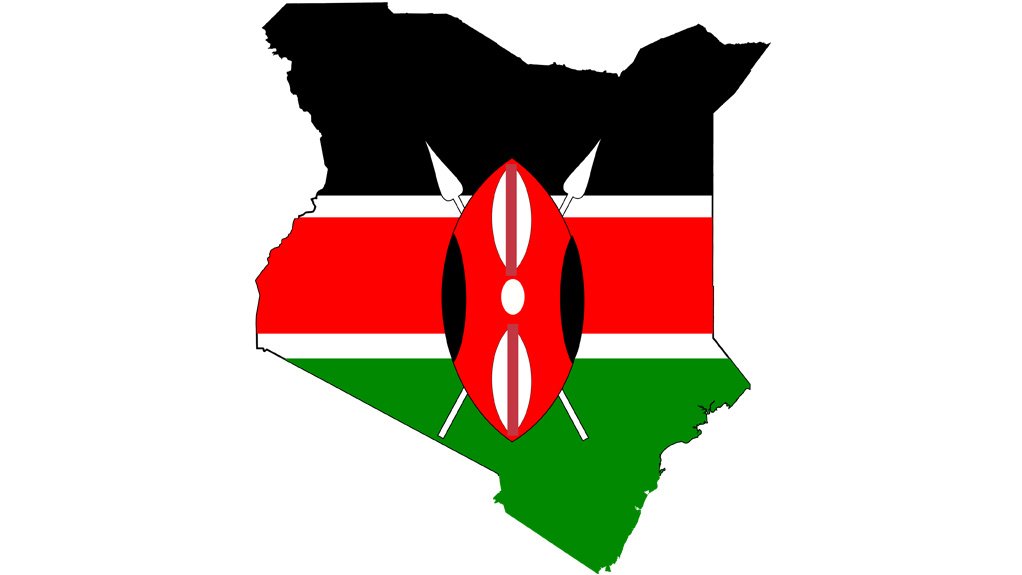The approval of Kenya’s new tax package has sparked widespread protests nationwide despite President William Ruto’s earlier promise to alleviate the cost of living. The decision to double the tax on petroleum products, raising it from 8% to 16%, has particularly incensed citizens and even drawn criticism from supporters of the president.
Evelyne Adhiambo, a hairdresser, lamented, “He said he was going to make life easier for us hustlers. We are now unable to afford food. Prices are higher than they were before the elections.”
Under the new tax regime, individuals earning over 500,000 shillings ($3,500) will face a tax rate of 32.5%, which climbs to 35% for those earning over 800,000 shillings. Additionally, a 1.5% housing tax and a 2.5% medical insurance tax further burden Kenyans, pushing some to part with nearly 40% of their income.
Teresia Kathina, a civil servant, expressed her dismay, stating, “This feels cruel because of the inflation rates.”
Economist Aly Khan Satchu criticized the move, noting that it imposes the highest tax rates in Kenya across all income brackets. Already reeling from losses exacerbated by the COVID-19 pandemic, small businesses face a threefold increase in the tax on their total sales, rising from 1% to 3%. Many fear this could force closures, with Moses Munyao, a wholesale shop owner, remarking, “They are essentially telling us to shut down because we will not take loans to pay taxes.”
President Ruto, who campaigned on a platform pledging to lower living costs, defended the tax hikes necessary to curb government borrowing amidst a public debt crisis of 9.4 trillion shillings ($67 billion). The measures are seen as potentially meeting conditions set by the International Monetary Fund (IMF) for a $1.1 billion aid package, although they have sparked significant domestic backlash.
President Ruto is attending a summit in Paris, where global financial strategies are discussed. He is expected to sign the tax bill into law before the new financial year begins on July 1. Meanwhile, a court challenge against the tax reforms is pending, reflecting widespread discontent and legal opposition.
In summary, while the tax reforms may align with international financial recommendations, their implementation has ignited protests and dissent within Kenya, particularly among those struggling with the increased cost of living and economic pressures.











